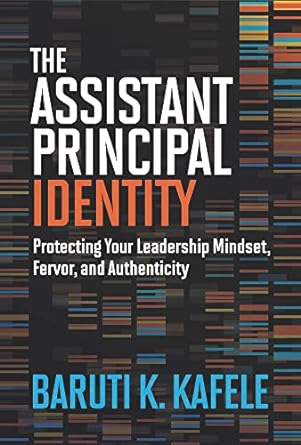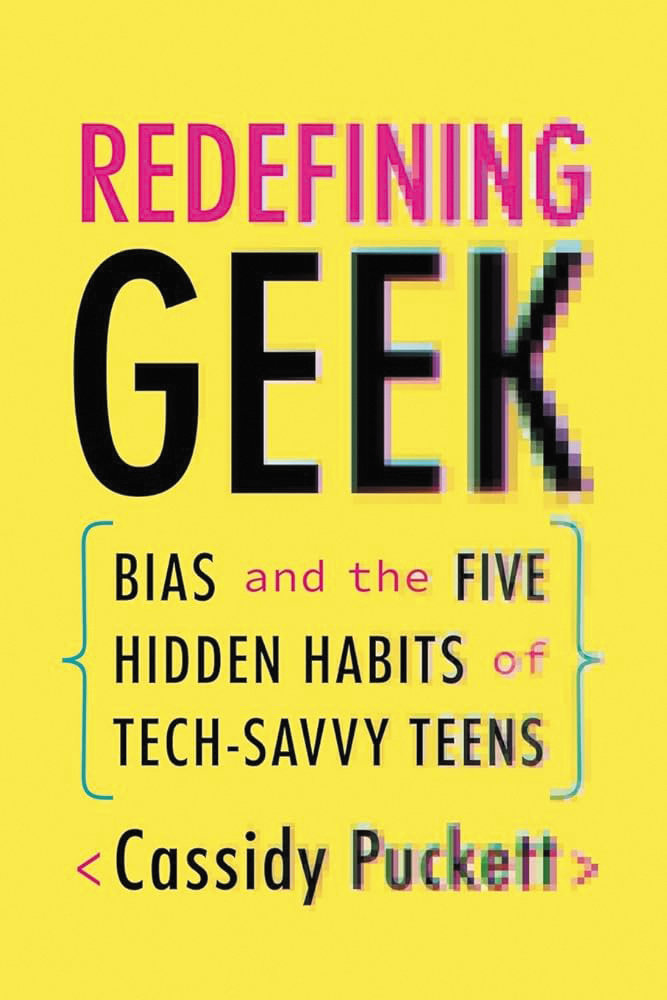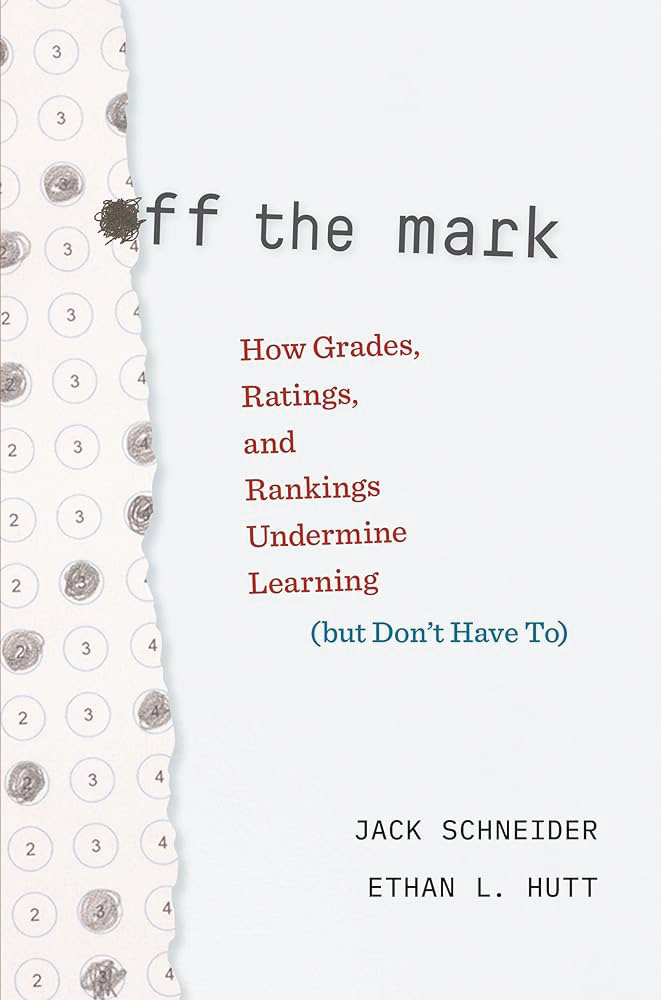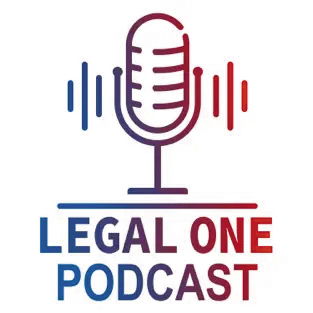Syllabus: February 2024
The Assistant Principal Identity: Protecting Your Leadership Mindset, Fervor, and Authenticity

If you’re a new or aspiring assistant principal and you haven’t heard of Baruti K. Kafele, then I highly recommend you read his newest book, The Assistant Principal Identity: Protecting Your Leadership Mindset, Fervor, and Authenticity (ASCD). Kafele often says that the assistant principal job is the most misunderstood in education. His book brings clarity to the role, with 50 reflective questions for readers, such as #20: “How am I protecting my leadership resilience?” and #22: “How am I protecting my leadership competency and credibility?” These questions prompt deep and possibly uncomfortable reflection; the only way to foster one’s own growth. As the author of several books, Kafele, a former principal, helps readers reflect on their work, and his years of experience offer many insights. For those who wish to learn more from him, I suggest watching his YouTube videos on how to land an AP position. Three years ago, I discovered this resource and credit Kafele’s wisdom with helping me in my own career.
—Janeen Ceparano Wilkins | Assistant Principal
Bettye Davis East Anchorage High School, Anchorage, AK
Redefining Geek: Bias and the Five Hidden Habits of Tech-Savvy Teens

In Redefining Geek: Bias and the Five Hidden Habits of Tech-Savvy Teens (University of Chicago Press), Cassidy Puckett addresses these questions: “What does it mean to be good with technology, how can we help students achieve it, and how can we ensure that others recognize their technological talents?” An assistant professor of sociology at Emory University, Puckett challenges the notion that one is just “naturally good” at technology; instead, she explains that people who are good at using technology constantly work at it and learn it in their own, unique ways. She breaks down stereotypes of who tends to be “tech geeks” by identifying five habits of tech-savvy students. Three of these habits (willingness to try and fail; management of frustration and boredom; and use of models) apply to any type of learning, while the remaining two (the ability to use design logic and identify efficiencies) are specific to technology use. School leaders seeking to increase access to STEM opportunities will appreciate learning how the effective habits of tech-savvy teens can help students from all walks of life become more technologically literate.
—S. Kambar Khoshaba | Principal
South County High School, Lorton, VA
Off The Mark: How Grades, Ratings, and Rankings Undermine Learning (but Don’t Have To)

The existing approach to assessment in the American educational system limits and constrains student learning. This is the premise of Off the Mark: How Grades, Ratings, and Rankings Undermine Learning (but Don’t Have To) (Harvard University Press). Authors Jack Schneider, a professor of education at the University of Massachusetts Amherst, and Ethan L. Hutt, an associate professor of education at the University of North Carolina at Chapel Hill, make this claim with numerous examples of “grade grubbing” or “grade lawyering” where students develop gaming skills to achieve grades and rankings that serve as academic currency for valuable outcomes, such as economic gain. Besides examining the historical developments that led to this point, the authors present solutions (e.g., sharing with families a rich description of what students know and can do and performance-based assessments such as science experiments and essays to demonstrate competencies) that can help focus on true student learning. It is admittedly difficult to work against the status quo and satisfy an array of stakeholders; however, it is not impossible. This book offers reflection points for a variety of readers: teachers, parents, counselors, school leaders, admissions counselors, professors, and even those who work in HR.
—Eric Fox | Assistant Principal
Jenks High School, Jenks, OK
“Legal One Podcast”

Produced by the New Jersey Principals and Supervisors Association, the “Legal One Podcast” features school law experts who aim to help educators understand complex legal issues. With weekly episodes hosted by a Legal One attorney and/or an attorney partnering with Legal One, topics focus on legal issues in schools, legal analysis, commentary, and interviews with key stakeholders. For example, Season 7, Episode 3 “Responding to Escalating Mental Health Needs in Schools” is especially timely for school leaders across the nation. In this episode, host David Nash, director of legal education and national outreach for the Foundation for Educational Administration speaks with Maureen A. Brogan, program manager of the Traumatic Loss Coalitions for Youth at Rutgers University Behavioral Center, about the alarming spike in mental health needs of students and staff in our public schools. Brogan recommends a proactive mindset for school leaders with a focus on preventive measures and plans. She also suggests the need for ongoing conversations with parents and students regarding mental health and creating safe spaces for discussion. “Building trust takes time and effort and it is difficult to open up; however, the more we can destigmatize these issues, the easier the conversations will become.”
—Nicole J. LeClaire | Principal
Kenesaw Jr/Sr High School, Kenesaw, NE
